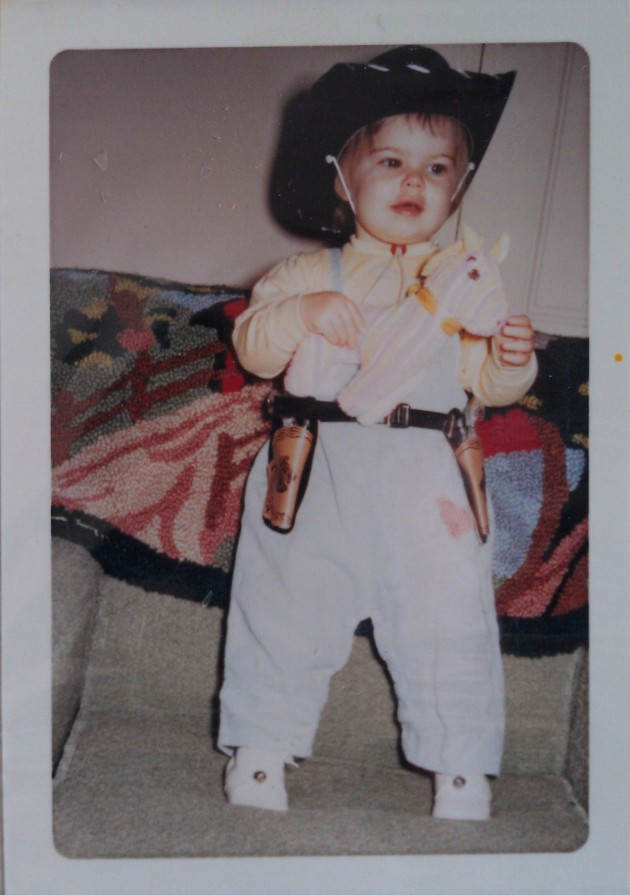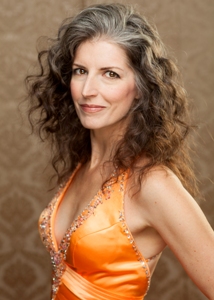Tag archive: Stuffed Animal
Friends – Great Expectations

Yes its a Dickens reference. You probably hated that book. I loved it. But that’s all I’m going to say about that. You’ll see where this is going if you stick with me long enough.
When I was a child I had Friends. Yes with a capital “F.” My mom must have told me that’s who they were because that’s all I remember calling them. They were my collection of stuffed animals and dolls which I imagined had feelings and loved me as much as I loved them. Among them were Big Donkey (Eeyore, but I didn’t know that’s who it was), Little Donkey (a beanbag critter than in no way resembled a donkey), Big bunny, Big dolly, Little Doll (are you seeing a pattern here?), Sweet Tears, Mrs. Beasley, and on and on. My brother had his own set of Friends – Schroeder and Biff were two standouts I remember fondly. Together we would gather our friends and play all kinds of games and make up stories. When we were at odds, my brother would tease me mercilessly by holding one of my friends hostage. I’m sure my mom still has exasperated nightmares of me running around the house crying, “Maaaaaa, Craig’s got Tiffany!!!”
At bedtime, I would gather my Friends around me and place them in an order of the most beloved closest to me and the ones I was least attached to out at the fringes. Sometimes I would take stock in this arrangement and feel guilty that some got more love than others so I would rearrange the sleeping order to give the fringe Friends some quality “me” time. Rarely would anyone have to sleep on the floor; it broke my heart to think that any one of them was too far away from my loving protection. If they were relegated to the floor for whatever reason, they were lovingly wrapped up in blankets and given a friend of their own so they wouldn’t be lonely. Then the very next day I would cry and hug them and beg them to forgive me – making a very special point to include them in my life so they wouldn’t feel alone and outcast.
Being a less-than-healthy child – I recall spending a lot of time in bed listening to my brother and cousins playing outside my window on summer afternoons. Without the plethora of electronic devices and scads of toys kids have today, I depended upon my Friends to play with me in my sick bed. I read to them, colored and drew with them, organized games and playtime with them, scolded them when they were bad, cried over them when I thought I was too harsh, and hugged them close – as much for my own emotional needs as theirs. We shared a lot of love, conversations and adventures, my friends and me. No matter the lineup, if I was confined to bed, I was always buried under a pile of Friends.
While our house was on fire in 1976 my brother and I paced around our Grandfather’s house waiting for news regarding the damage and we consoled ourselves by telling each other that maybe only the middle of the house was on fire and that our bedroom and porch playroom was spared. We absolutely did not want to think of our Friends burning up in the fire and we were beside ourselves thinking about how scared and in pain they must be. Later that evening we were told the house was gutted, all was lost, and that we only had the clothes on our backs remaining. More than anything else, losing my Friends was, to me, the most catastrophic loss in that house fire. My devastation and grief was immense – these weren’t just playthings, they were my babies, and they were real – just like the Skin Horse and Velveteen Rabbit.
Now that I’m grown up, a few interesting observations about my childhood Friends occurs to me. I didn’t choose them (they all arrived in my care as gifts) and yet I loved them ALL as if I gave birth to them myself. Some naturally rose to the top as the most beloved and others were relegated to less than top status for reasons I’m not even sure of. I interacted with them as differently as I do with my animals and children and yet I loved them all “the same.” But the most interesting thing of all is that they were inanimate objects incapable of feeling or acting, yet I can still vividly recall their distinct personalities and our imaginary adventures as if they were real. However, we know with certainty of course, they embodied only the personalities and emotions I gave to them, and our adventures were fantastic tales I made up in my own mind. Other than their physical bodies, all of their attributes were 100% fabrications of my own choosing.
This got me thinking about my real-life relationships with the people I call my friends. Not everyone I know is a Friend with a capital F but I call even fringe acquaintances my friends. This is obviously a carry-over from early childhood in which anyone I knew who wasn’t family must have been a friend – I didn’t know strangers after all and I definitely didn’t have any enemies. The biggest difference I can see between the real-life people I call friends and my stuffed animal Friends, is that one group is completely under my control and the other is not. Follow me here. For my (stuffed) Friends – I created their back-stories, emotions, personalities, and thoughts; and I orchestrated their interactions, playtimes, adventures, reactions, and living arrangements. For my people friends, I have had very little to do with any of those things. On some level, if we are close enough, I can claim a little responsibility for shaping their lives, emotions, and reactions but overall, they are independent thinkers and doers.
This may seem like a ridiculously obvious and unimportant comparison to you, but let me try to show you why I think it’s relevant. I believe my experience with my childhood Friends and real-life friends is not unique to me and my brother. Even the social media giant, Facebook deems anyone we connect with a “friend.” I wonder if when we transitioned from childhood (and only having friends we created ourselves) to going out into the real world (and making real-life friends) if we didn’t drag along some of our preconceived notions about who those friends are (or should be) along with us. Have we given other people attributes of our own creation without telling them? Do they experience emotions and react in the way we expect them to? Do they do anything according to the way we imagined them to? Are we guilty of having Great (or unrealistic) Expectations of other people? (See, I told you I’d get there eventually.)
I think, if we’re honest, we will see that we expect other people should be who WE THINK they should be instead of the individuals they really are.
In a social media world in which friends are “unfriending” people left and right simply for sharing their differing views and expressing their opposing opinions, I think I see a little shred of evidence that I may be on to something. Perhaps we need to take an honest look at our “friends” and remember that they aren’t made of sawdust and polyester fur, whose feelings can’t really be hurt. They neither offered to love us unconditionally, nor did they promise to always hold the same values and opinions as our own, but for some reason, when we met, we chose to be friends. After sharing some common ground and perhaps good times, do we really want to relegate them to the status of stranger – or worse – enemy? Maybe we need to take a step back, examine our own motives and see if we are projecting too much of ourselves onto other people. Perhaps our disappointment in them is unwarranted because we have never taken enough time to get to know the person they REALLY are versus the person we created them to be in our own minds. Differences should cause us to strive to learn and understand instead of immediately putting up walls of opposition. Originality is to be celebrated! Our friends might actually help shape US into better human beings if we let them. Why be so quick to dismiss a fellow human being over an offense to an inaccurate presupposition?
Going back to my original musings; even though my inclination is to ignore who people tell me they are, I think my preschool self did have something right. Even my “fringe Friends” slept on the bed with me if at all possible.


















